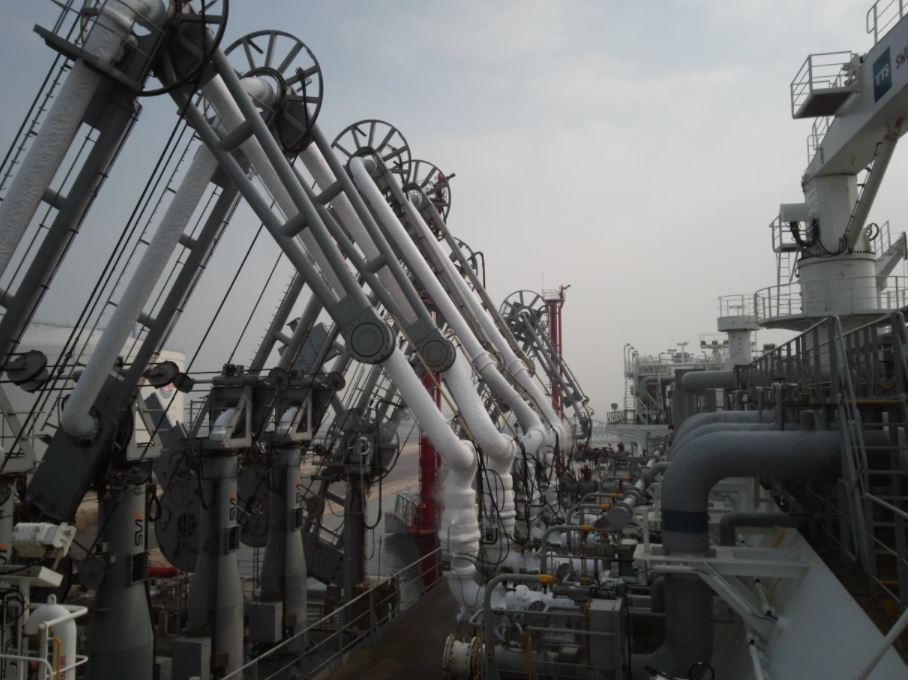UK-listed Predator Oil & Gas said it has joined forces with Norway’s floating LNG player Hoegh and Dutch contractor Jumbo Offshore on its planned FSRU-based import project in Ireland.
Predator revealed this in statement on June 24 after a consultancy acting on its behalf had prepared and submitted a report to the Draft Cork County Development Plan 2021 for public consultation.
The company is looking to install a floating storage and regasification unit some 50km off the Cork coast. It has named the 2.6 Bcm/year project Mag Mell after the mythical Irish kingdom beneath the ocean.
It is a strategic offshore LNG storage facility that would provide enhanced security of energy supply for Ireland’s energy network with less environmental impact than land based energy infrastructure, the firm said.
No shale gas
Predator is pushing forward with the development despite a recent policy statement on shale gas imports and LNG infrastructure by Ireland’s Department of Environment, Climate and Communications.
The policy includes a moratorium on the development of all LNG import terminals, pending the completion of a review of the country’s supply security.
Paul Griffiths, CEO of Predator, said the Mag Mell project would “meet Ireland’s immediate requirement for security and market flexibility of energy supply during a period of high demand, particularly fueled by new investment in data centres.”
The design concepts have focused on minimising the environmental footprint relative to other energy infrastructure projects and reducing C02 emissions, he said.
In addition, he said the firm would source LNG from a “transparent origin where reliance on fracked gas feedstock will not be permitted.”
“Mag Mell represents a unique near-term solution to contribute to Ireland’s security of energy supply,” he said.
Besides this project, Predator is also working to install an FSRU in Morocco in order to import LNG into the African country.
The initial scope of the FSRU project includes an annual requirement of 1.1 Bcm by 2025 rising to 1.7 Bcm in 2030 and 3 Bcm in 2040, according to Predator.

